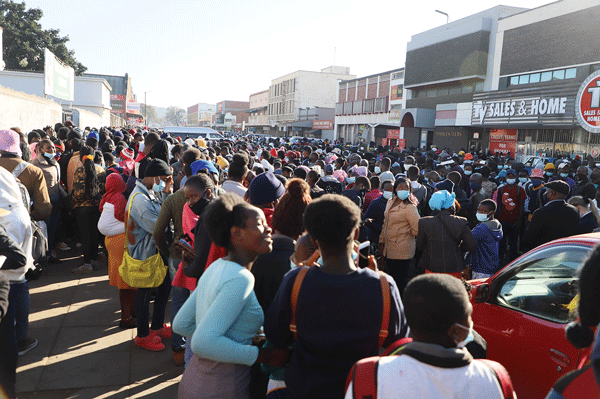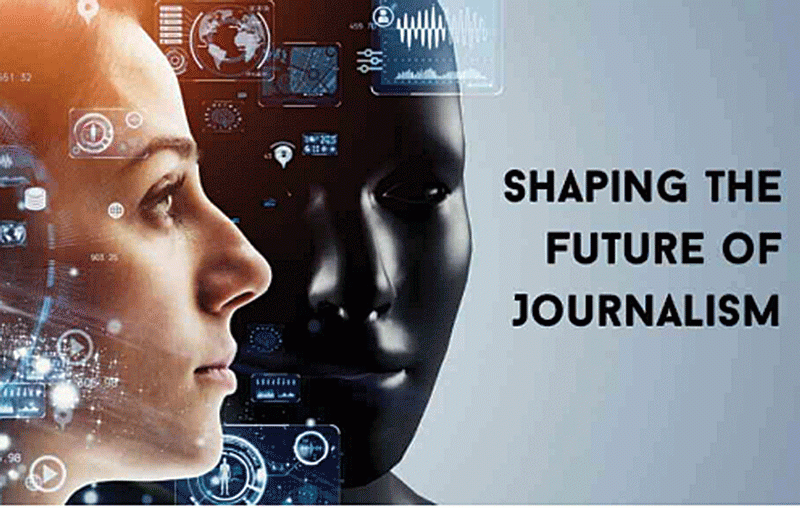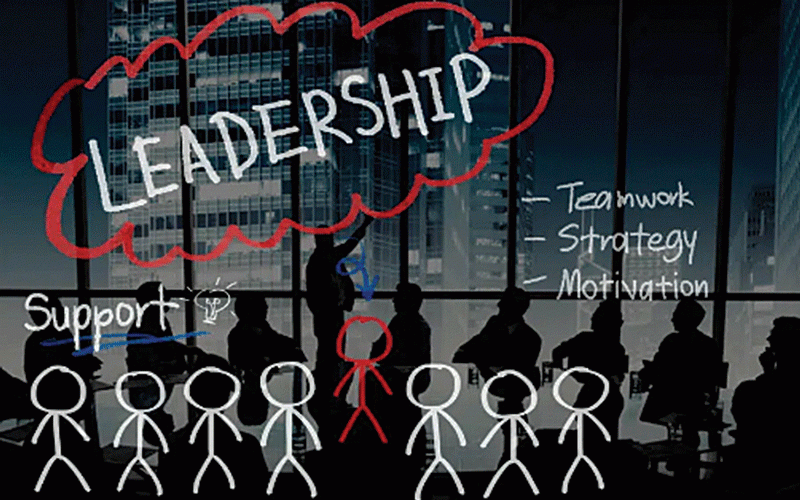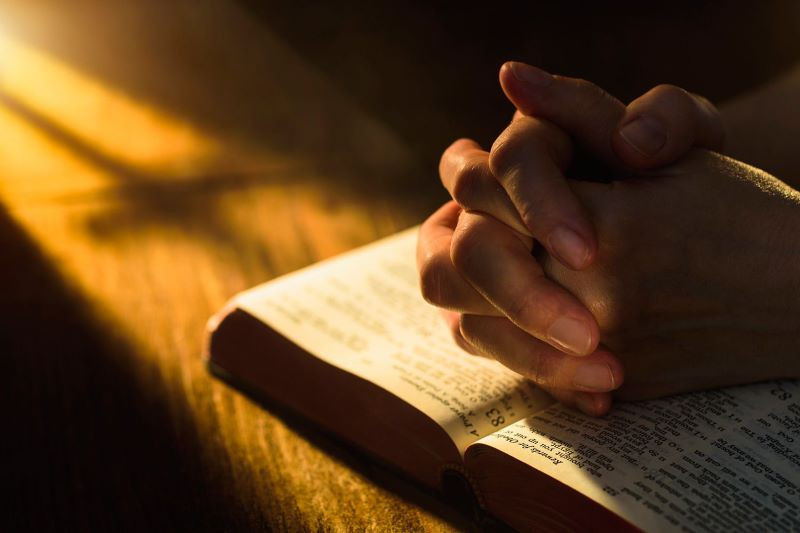
Zim should turn a page on history of violence AS shocking as it gets, violence has been a constant feature of Zimbabwe’s political landscape, and the prospect of violence has hung over the country for too long a time.
Emmerson Mnangagwa won his presidential title in the July 31, 2018 elections through violence.
Despite widespread domestic and international support for the military’s ouster of long-time President Robert Mugabe, it was force, not popular sentiment, that enabled Mnangagwa’s ascension and the “new dispensation” in Zimbabwe.
Zimbabweans speculate endlessly on the degree to which the military remains in charge of government today and many citizens have described the military as the most fear-provoking institution in the country.
Of course, the politicisation of violence is a tragic part of the country’s DNA.
From the horrific violence of Zimbabwe’s liberation struggle, to the horrors of the Gukurahundi massacres of the 1980s (in which Mnangagwa himself is implicated), to the beatings, torture, and killings of political opponents of Mugabe’s regime in 2008 and beyond, political power has been sought and maintained through violence and intimidation.
Turning the page on this history would require a real reckoning with the past that, thus far, has proved unappealing to the powers that be.
The National Peace and Reconciliation Commission, formed in 2013, appears to have accomplished little thus far.
- Chamisa under fire over US$120K donation
- Mavhunga puts DeMbare into Chibuku quarterfinals
- Pension funds bet on Cabora Bassa oilfields
- Councils defy govt fire tender directive
Keep Reading
The findings of the Chihambakwe Commission of Inquiry remain unavailable to the public.
Government has explained that it does not wish to “reopen old wounds”, but the survivors of Zimbabwe’s political violence have not healed.
Their collective wounds continue to fester, having yet to be disinfected with the sunlight brought by public accountability for the past.
As of now, the perpetrators behind the past State-assisted attacks remain unknown or unpunished.
Zimbabwean politics is rich in intrigue and the rifts in the ruling party and among security services alone provide fodder for a multitude of theories as to who executed the attack and what they intended to achieve.
Ultimately, one does not need to engage in wild speculation to conclude that this latest event undermines citizens’ confidence that the country’s future will be determined by their votes, and not the desires of those willing and able to force their will on the country.-Michelle
Window of hope now shut on Zimbabweans IN the run-up to the 2018 presidential and parliamentary elections in Zimbabwe, hope was palpable in Harare.
Civil society activists, journalists and business leaders marvelled at how political space had opened up in the wake of the November 2017 coup that ousted longtime President Robert Mugabe.
It was as if an entire country had opened up the windows to let in fresh air.
Citizens revelled in their ability to speak freely, and voiced their hopes that unconstitutional laws that had legitimised repression and restrictions on political and civic engagement would be repealed so that the freedoms they were enjoying were not contingent on the whims of authorities.
President Emmerson Mnangagwa’s government has, indeed, taken action to address those laws, including the notorious Public Order and Security Act and Access to Information and Protection of Privacy Act.
These are welcome, long-sought reforms — and they are among the steps necessary for building the confidence that will unlock sanctions relief.
However, these victories for Zimbabwe are ringing hollow because they have occurred against an alarming backdrop of State-sponsored violence and intimidation.
In January 2019, the State’s brutal response to popular protests killed 17 and injured scores more.
Since Mnangagwa’s ascendancy to power, more and more opposition activists have been arrested on trumped-up charges.
Opposition Members of Parliament Chalton Hwende and Joanah Mamombe were arrested and charged with treason.
Authorities also arrested prominent civic leaders, including cleric Evan Mawarire and Rashid Mahiya, on similar charges.
For Zimbabweans, the windows have slammed shut again. Whereas last year citizens experienced freedom without the legal framework to protect it, now it appears that Zimbabwe will be characterised by repression regardless of the law, helped along by a deeply compromised Judiciary.
The legal landscape may shift, but fear remains the constant organising principle for Zimbabwe’s government.-Gavin
Statelessness a huge concern IT comes as a seriously embarrassing affront to the Zimbabwe nation State that thousands of fellow brothers and sisters are being condemned to Statelessness simply because one or both their parents are unknown to them, which makes it impossible for them to obtain identity documents (IDs) under the country’s very strange laws that unashamedly trample on basic human rights.
Having an ID is one of the most basic human rights that should not be so complicated and made to appear to be so sacred that a whole nation conspires to deny fellow citizens the right to belong somewhere.
Inquiries by the Zimbabwe Human Rights Commission (ZHRC) in the past have revealed that there are thousands of Zimbabwean citizens out there with neither birth certificates nor any other form of ID, with some of these hapless souls now being condemned to rot in jail simply because they cannot be pardoned since they have never obtained a birth certificate.
The failure by fellow citizens to get IDs is exposing Zimbabwe’s appalling human rights record.
Little wonder the southern African nation is struggling to understand why the community of nations has kept its doors slammed shut on it.
Our human rights conditions are simply dreadful! And it is such basic things like failure to access IDs that are contributing to our outrageous human rights record.
Indeed, every one of us has to be very ashamed of themselves for being part of a people nurturing such awful human rights conditions which have seen us not being bothered to treat fellow human beings with the dignity they deserve regardless of their unfortunate circumstances.
In 2019, a Zimbabwe Prisons and Correctional Services chief correction officer exposed the atrocious level of the country’s human rights record when he appeared before the ZHRC, saying: “According to a recent survey we conducted in Mashonaland West province, it was observed that many inmates do not have birth certificates and national identity documents.”
The prison officer further said since those prisoners were termed “Stateless”, they had no right to Presidential amnesty because their ages could not be determined.
They also are said to have no right to sit for educational or professional examinations.
Simply put, they don’t exist just because they don’t know any relative who can help them get an ID.
“Presidential pardons come with certain specific conditions such as age, hence due to the fact that some inmates do not have birth certificates and identity cards, they do not qualify,” the prison officer said.
It is astounding that in this day and age — when science is now so advanced that humankind is now able to do amazing things such as penetrating space into the yonder galaxies millions of lights years away — the State cannot or is not interested in establishing those inmates’ ages.
It sounds as if it is virtually impossible to determine someone’s age from scratch when science has become so cutting-edge that such disciplines as carbon dating are now stuff for kindergarten learners who know that age can simply be determined by one’s teeth, bone structure and sexual characteristics.
We hope the country will treat this matter with the seriousness it deserves for the sake of saving our degraded dignity as a people.-Pikirayi











